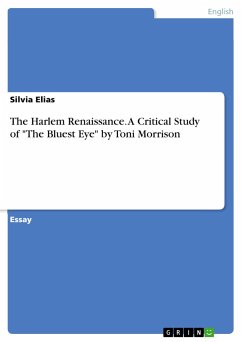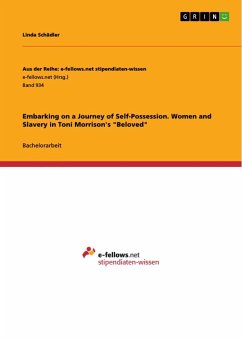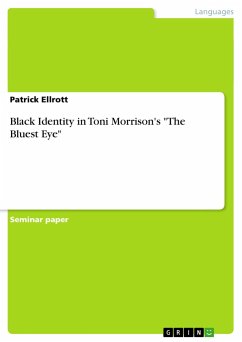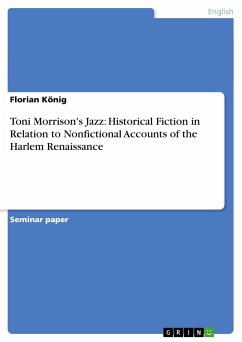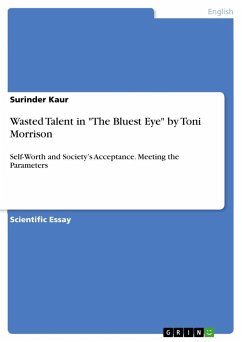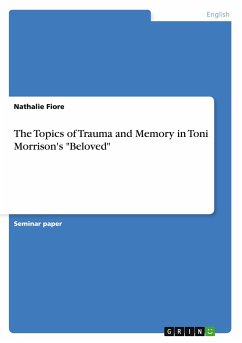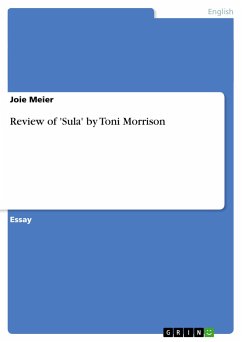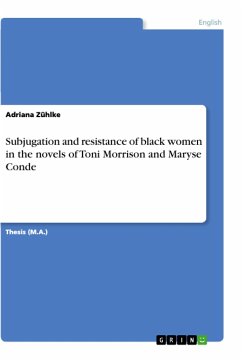
Subjugation and resistance of black women in the novels of Toni Morrison and Maryse Conde

PAYBACK Punkte
0 °P sammeln!
Thesis (M.A.) from the year 2005 in the subject American Studies - Literature, grade: 2.3, Ernst Moritz Arndt University of Greifswald, language: English, abstract: The paper is concerned with the depiction of black women's subjugation and resistance in fiction. It examines the quality of black women's suffering through racism and sexism, especially within the system of slavery in America from the 17th to the 19th century. Moreover, the paper contrasts black women's status in and after slavery. This is done, on the one hand, in order to illustrate and underline slavery's inhuman conditions bla...
Thesis (M.A.) from the year 2005 in the subject American Studies - Literature, grade: 2.3, Ernst Moritz Arndt University of Greifswald, language: English, abstract: The paper is concerned with the depiction of black women's subjugation and resistance in fiction. It examines the quality of black women's suffering through racism and sexism, especially within the system of slavery in America from the 17th to the 19th century. Moreover, the paper contrasts black women's status in and after slavery. This is done, on the one hand, in order to illustrate and underline slavery's inhuman conditions black women suffered from and, on the other hand, to show the continuation of racism and sexism after slavery. It will be revealed that the assumed changes of conditions for black women nowadays are rather superficial and that discrimination and inequality, compared to men and white people, have been persisting.The study is based on the novels Beloved and Sula by Toni Morrison and on Maryse Condé's novel I, Tituba, Black Witch of Salem. These three novels are selected as basis for the analysis because they depict black people's oppression in several forms, intensities and times and focus especially on women's particular situation. It will be discussed how Blacks were capable at all to endure and survive the physical and mental tortures of captivity in slavery or of discrimination and inequality after slavery. Connected with this question the role of the African culture is debated. Here, attention is turned to the authors' African roots and the question how (much) these roots inspired the elements of the actions and in what respect African tradition and beliefs are interwoven in the books. Being further backing aspects for the novels' women, human interpersonal relationships and collectivity are examined connected with a consideration of the novels' investigation and analysis of human nature, psyche and emotions. Here, the analysis focuses on questions that are essential for an entire comprehension of the books, for example: How are feelings (especially love) presented and which special functions do they fulfill in the works? What significance do the various interpersonal relationships have? To what extent are they cores of resistance? What causes the significance of female friendships? What differentiates female suffering from male? This paper claims to elucidate the profound meaning Morrison's and Condé's insights into black women's present and past provide and their works' potential to be far more than just entertaining pieces of magic realism.





